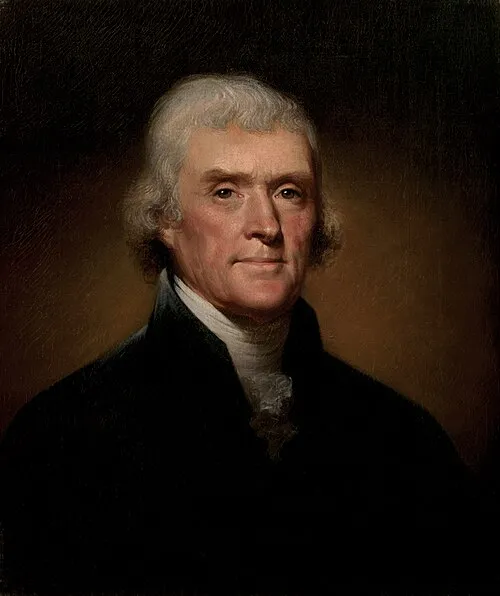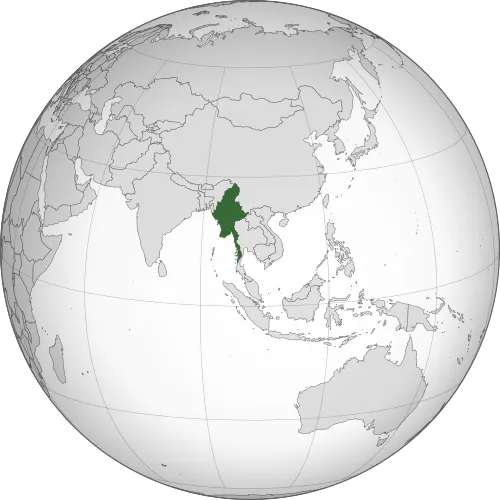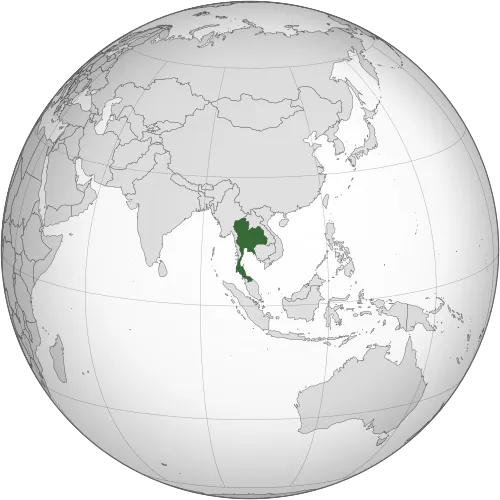
National Religious Freedom Day: Celebrating Thomas Jefferson's Legacy
National Religious Freedom Day, observed on January 16 each year, is a significant occasion that commemorates the adoption of the Virginia Statute for Religious Freedom in 1786. This landmark legislation, penned by Thomas Jefferson, laid the foundation for the principle of religious liberty in the United States and has influenced countless nations and societies worldwide.
The Importance of Religious Freedom
At its core, religious freedom is the right of individuals to practice any religion or none at all, without fear or persecution. Jefferson’s statute was more than a proclamation; it was a radical shift towards recognizing the inherent rights of individuals to determine their own faith. This principle is integral to a diverse society where mutual respect and coexistence thrive.
Historical Context
In the 18th century, religious intolerance was rampant in many parts of the world. Jefferson, influenced by Enlightenment thinkers, understood that safeguarding the freedom of belief was essential for a harmonious society. The Virginia Statute for Religious Freedom was groundbreaking, as it dismantled the state-sanctioned church and affirmed the separation of church and state. This statute paved the way for the First Amendment, ensuring that freedom of religion would be a fundamental right in the United States.
Celebrating National Religious Freedom Day
On National Religious Freedom Day, individuals and communities across the U.S. reflect on the importance of this freedom. Events may include educational seminars, discussions, and community gatherings focused on promoting understanding and tolerance among different faiths. Schools often use this day to teach students about the history of religious freedom in America and the ongoing struggles for religious rights around the globe.
The Global Impact of Religious Freedom
While the United States has made significant strides in ensuring religious freedom, many countries still grapple with issues of persecution, discrimination, and intolerance. National Religious Freedom Day serves as a reminder of the ongoing efforts required to protect these rights globally. Organizations that advocate for human rights often use this day to highlight the plight of individuals facing religious persecution and to mobilize support for their causes.
How to Get Involved
Individuals can honor National Religious Freedom Day by educating themselves and others about the principles of religious freedom. This can be achieved through:
- Reading and sharing literature on the history of religious freedom.
- Participating in interfaith dialogues to foster mutual understanding.
- Supporting organizations that work to protect religious liberties across the globe.
Conclusion
National Religious Freedom Day is not only a commemoration of Thomas Jefferson’s vision but also a call to action for preserving and promoting religious freedom for all. As we reflect on this important day, let us commit to safeguarding this fundamental human right and advocate for those who are still denied the freedom to practice their faith without fear.






